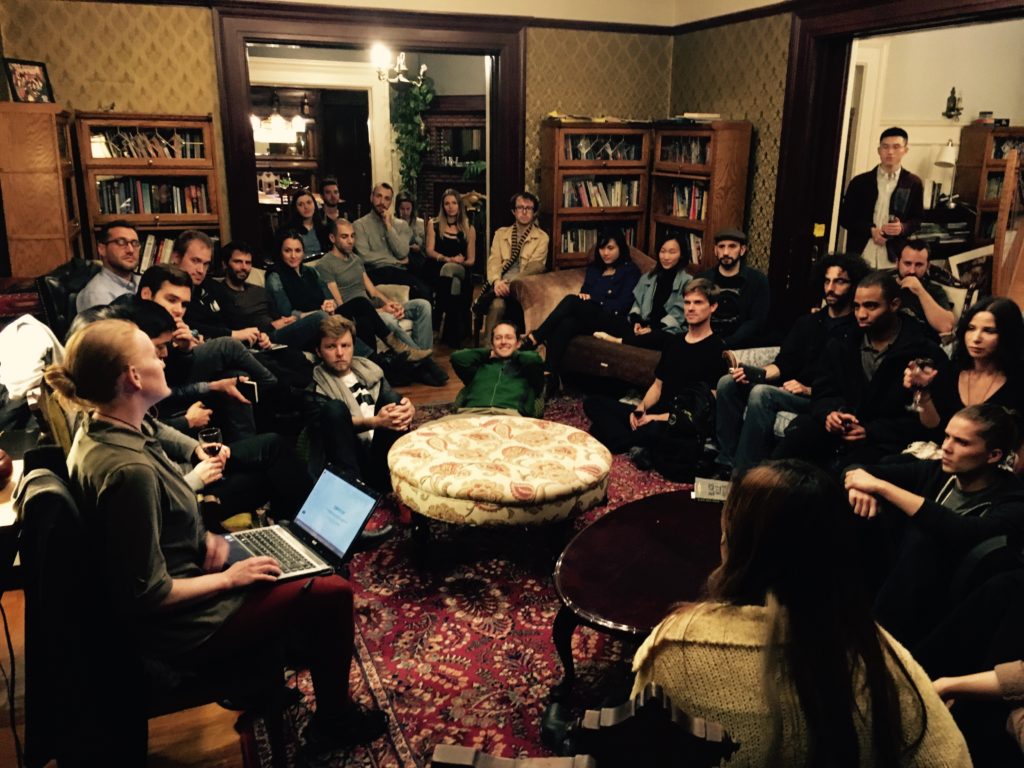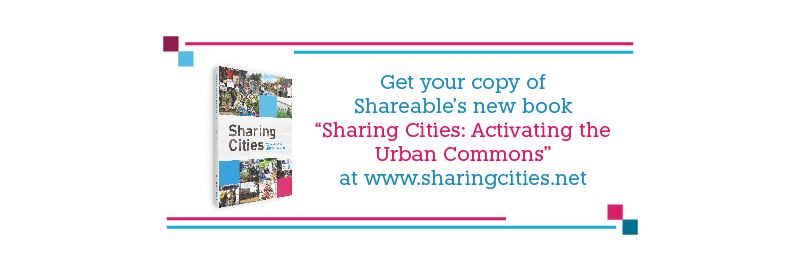Affordable, quality housing is a human right. It is one of the elements that form the basis of cohesive, stable societies. Yet in many of the world's cities, housing affordability is slipping further out of reach of the average citizen, partly due to wages not keeping pace with the cost of housing and partly as a result of property speculation.
The typical response to a lack of affordable housing is a call to build more housing. However, in many cities, there are a number of dwellings that lie vacant, while people remain on waiting lists for public housing, are thrown into competition in tight rental markets, or become homeless. If there is already vacant housing stock, simply building more houses will not necessarily address the dynamic that keeps them vacant while people are in need of housing. —Sharon Ede
1. CoAbode: Matching compatible single mothers for cohousing
Many single mothers work tirelessly to ensure they have good, affordable housing, while they hold down a job and take care of their children on their own. With around 40 percent of single parents in the U.S. employed in low-wage jobs, single mothers experience high rates of poverty even as they work long hours. Sharing the financial and practical responsibilities of housing, rather than struggling alone, can help make life easier. CoAbode is a service that matches compatible single mothers for shared housing, as well as services and support to make parenting less challenging. Cohousing can result in the mothers sharing their food and child care; it reduces financial costs, frees up time, and enables mutual support. Membership is free, and with 120,000 members registered, there are CoAbode members in many U.S. cities including Brooklyn, San Diego, and Washington DC. — Sharon Ede
2. WikiHouse: Open-source home-building project
Cities are struggling to meet the housing needs of an urbanizing society, while also focusing on the environmental and economic resilience of their community. WikiHouse is an open-source building project that is working to make it much simpler for anyone to design, manufacture, and assemble beautiful and sustainable homes that are suited to their needs. The goal is to help cities shift from a reliance on a centralized industrial economy to a more distributed, democratic, and scalable industry. It is a way to give citizens and communities the tools to produce, procure, and operate sustainable and affordable homes themselves.
Through many contributions and innovations, the WikiHouse community created an open and shareable building system called "Wren." It was used to build their first home in the English midlands. They hope to expand and build upon this first phase by creating a platform that will enable homeowners, small businesses, and others to work collectively to fabricate and build homes where they are needed most. — Harry Knight
3. Babayagas House: Self-managed cohousing for seniors
Many countries share the challenge of how to support an aging population. Current models of senior care can be expensive, unsustainable, and unappealing to those living longer active lives. Aging women in particular tend to have limited options, since many do not have financial savings due to having had low-wage jobs or unpaid caring work throughout their lives. The Babayagas House, in eastern Paris, is a self-managed social housing initiative. It was established by a group of older women who wished to maintain their independence by living together in a supportive community. Residents pay an affordable rent for their own small apartments and share the cost of a monthly visit by a health care professional. There are around 21 women aged 66 to 89 living in the six-story house — a third of whom live on the poverty line. Seniors have replicated the Babayagas model in other cities across France and Canada. Learn more here. — Sharon Ede
4. Embassy Network: New collaborative housing model for purpose-driven young professionals
Young urban professionals frequently face high housing costs, social isolation, and career-building challenges. Embassy Network, one of the pioneers of the global coliving movement, addresses all three in a new shared-housing model. Properties in the network house from five to 20 people each. They include converted mansions, retreat centers, and small hotels. Residents share food expenses, regular communal meals, commons space, cars, and most importantly, career support. They are typically social entrepreneurs, freelancers, and young professionals seeking to make a positive impact through their work. Embassy Network creates an encouraging environment for personal and career development through peer support, regular public events, short-term visitors who share knowledge, and access to all nine Embassy Network properties located in North America, Central America, and Europe. Find a coliving community here. — Neal Gorenflo
These four short case studies are adapted from our latest book, "Sharing Cities: Activating the Urban Commons."
Header image of the Embassy Network courtesy of Zarinah Agnew










